Currently, face masks are all the rage. This is definitely a good thing considering how well they work when you are using the appropriate one for your skin type. It is important to choose masks that will nourish your skin, rather than dehydrate and irritate it, so carefully read the intended purpose of the mask and check the ingredients. Skin care products are not one size fits all. As long as you understand your own skin you should be able to choose the products that are best for you.
Oily skin
The treatment for oily skin should never be about stripping the face of all its natural oils. This will only cause further irritation and dryness. Stay away from masks that include pore-clogging ingredients like cocoa butter and beeswax. Someone with oily skin needs to look for face masks that include the following ingredients: jojoba, tea tree oil, clay, glycolic acid.
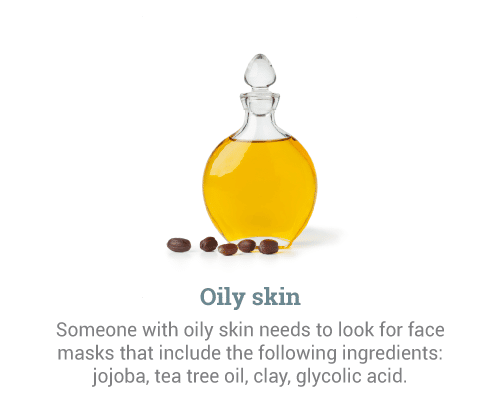
Dry skin
For dry skin, look for the masks that promote hydration and moisturization. Also look for ingredients like antioxidants and nourishing oils.
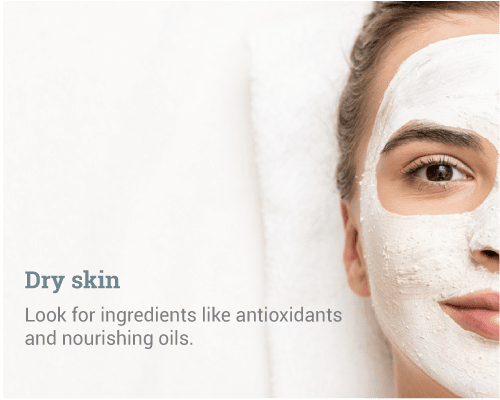
Sensitive Skin
For sensitive skin, remember that less is more. The addition of harsh chemicals or ingredients only create more rashes, redness and acne. Sensitive skin is looking for calming, soothing ingredients that will soothe and heal. Ingredients to look for include antioxidants, green tea and lavender.
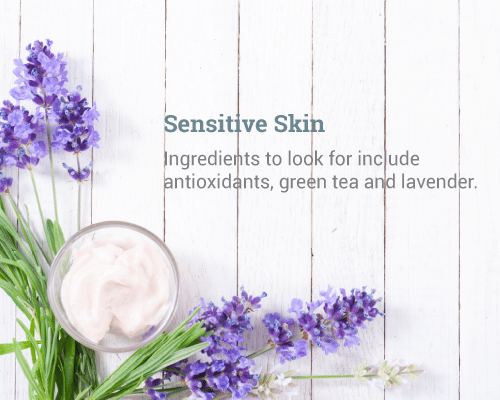
Acne-Prone Skin
This type of skin can be further damaged if you use pore-clogging masks. Acne-prone skin is sometimes caused by imbalances in moisture and of course, clogged pores. It is best to use masks that have no harsh ingredients. Look for ingredients such as: rose, clay, activated charcoal, salicylic acid.
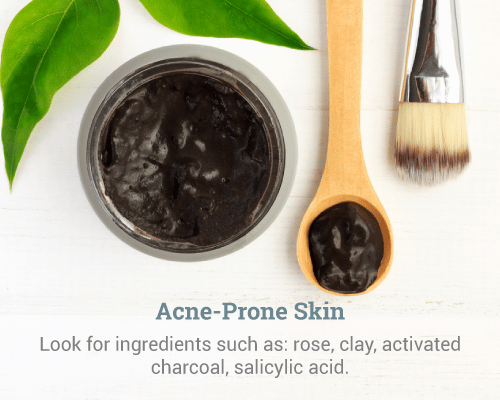
How often should you use a face mask?
Something to keep in mind is that every face mask targets a different skin problem. If the mask says it will help with exfoliation, anti-aging or is anti-acne, it likely contains ingredients that are most helpful when used only once or twice each week. Otherwise, your skin may become irritated. It is best to conscientiously follow the instructions when using a mask that is problem specific.
For specific recommendations regarding your skin, schedule an appointment with Dr. Jessica Krant at her Art of Dermatology office in Manhattan.

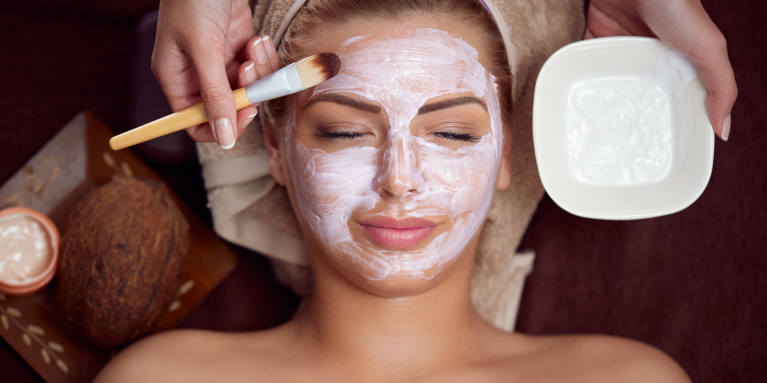
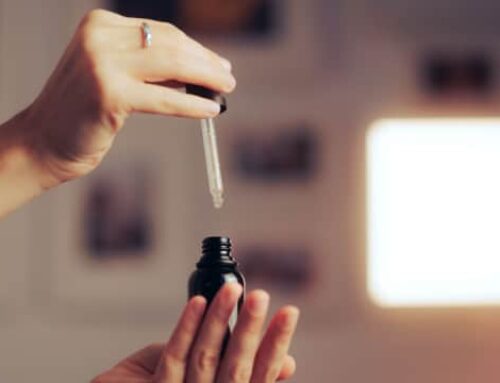











Leave A Comment